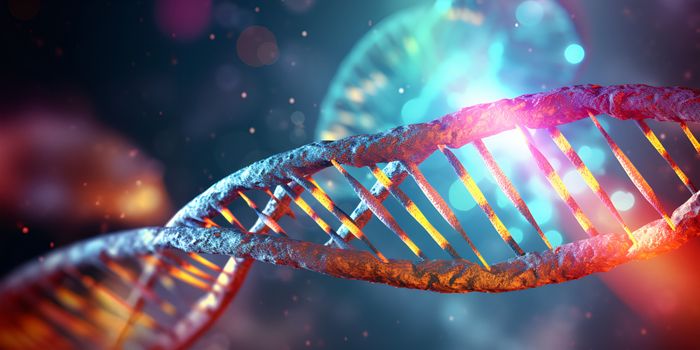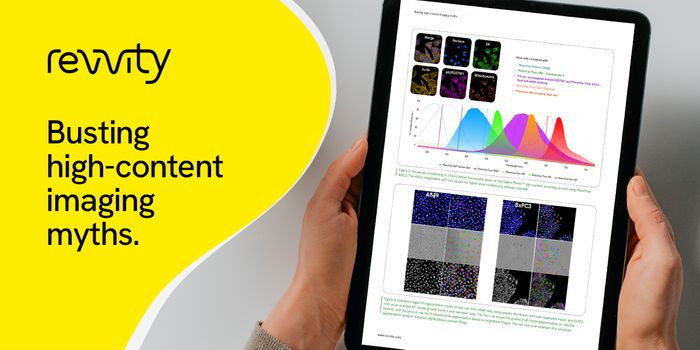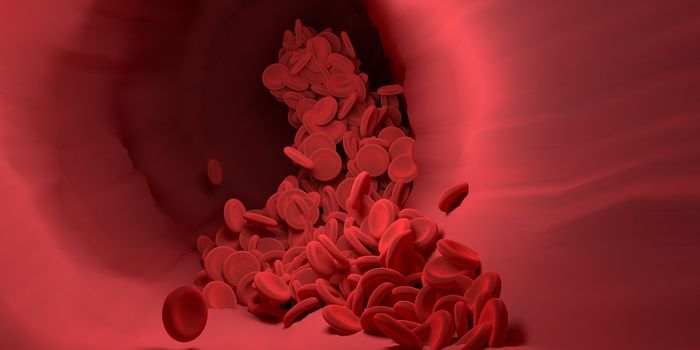High fat Diet During Pregnancy Increases Breast Cancer Risk in the Future
Researchers have learned that slight modifications to the genome - epigenetic changes - can be caused by environmental influences, and can be passed down through generations. Pursuing this line of thinking, researchers at Georgetown Lombardi Comprehensive Cancer Center analyzed mice over generations, finding that when pregnant females consume a diet high in fat derived from common corn oil, there is a significant increase in the risk of breast cancer for three generations of offspring. The work was reported in Breast Cancer Research and is summarized in the video.
The senior author of the report, Leena Hilakivi-Clarke, PhD, a Professor of Oncology at Georgetown Lombardi suggests it’s worth pursuing this research in pregnant women. "It is believed that environmental and life-style factors, such as diet, plays a critical role in increasing human breast cancer risk, and so we use animal models to reveal the biological mechanisms responsible for the increase in risk in women and their female progeny," Hilakivi-Clarke explained.
High-fat diets have already been connected to an increase in inflammation, and epidemiological studies have determined that inflammation is linked to an increased risk of cancer, she said. Hilakivi-Clarke has previously found that pregnant mice consuming a high fat diet have female pups that experience increased cancer risk. In this work, when pregnant mice changed to a high fat diet during their second trimester, which is when the germ line transmitting genetic material between generations, there is also an increased breast cancer risk in the second generation.
A genetic analysis showed that between the first and third generations after a high fat diet, there were several genetic modifications. Some of those modifications occurred in genes linked to increased breast cancer risk, increased resistance to cancer treatment, impaired anti-cancer immunity, and poor cancer prognosis in women. The scientists found three times as many genetic alterations in the mammary tissue of the third generation over the first when comparing high-fat diet and control progeny.
"The soil in the breast, so to speak, remained fertile for breast cancer development in our high-fat experimental mice," Hilakivi-Clarke said.
In this study, the fat consumed by the ice was designed to mimic what a human would eat, said Hilakivi-Clarke. The mice in this study also had the same caloric intake overall. "But our experimental mice got 40 percent of their energy from fat, and the control mice got a normal diet that provided 18 percent of their energy from fat. The typical human diet now consists of 33 percent fat,” she said.
"Studies have shown that pregnant women consume more fats than non-pregnant women, and the increase takes place between the first and second trimester. Of the 1.7 million new cases of breast cancer diagnosed in 2012, 90 percent have no known causes. Putting these facts, and our finding, together really does give food for thought,” she concluded.
Sources: AAAS/Eurekalert! via Georgetown University Medical Center, Breast Cancer Research



![Master Lab Weighing: Accuracy, Compliance & Audits [eBook]](https://d3bkbkx82g74b8.cloudfront.net/eyJidWNrZXQiOiJsYWJyb290cy1pbWFnZXMiLCJrZXkiOiJjb250ZW50X2FydGljbGVfcHJvZmlsZV9pbWFnZV85MWRmZmRjMDIwNDBlMWJjMzYwN2ZiYWY2ZjI4ZGMzYzBmZGMwZGMyXzkxOTcucG5nIiwiZWRpdHMiOnsidG9Gb3JtYXQiOiJqcGciLCJyZXNpemUiOnsid2lkdGgiOjcwMCwiaGVpZ2h0IjozNTAsImZpdCI6ImNvdmVyIiwicG9zaXRpb24iOiJjZW50ZXIiLCJiYWNrZ3JvdW5kIjoiI2ZmZiJ9LCJmbGF0dGVuIjp7ImJhY2tncm91bmQiOiIjZmZmIn19fQ==)





